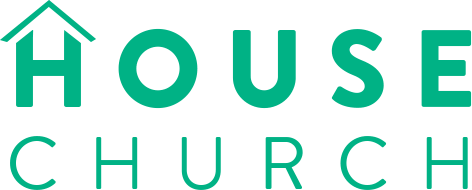EHS Practices – Week 6 – Day 1
THEME: Finding a Rhythm
BREATH PRAYER: Jesus, help me slow down and experience Your goodness
SETTLING IN:
- In a journal, note the day, time, and place you’re sitting.
- Open with a few moments of silence. Rest, and breathe deeply.
- Complete the following sentence in your journal: Today, I feel ________________.
- Read these words slowly (aloud or silently):
“Hallelujah! Give thanks to the Lord, for he is good, for his mercy endures for ever.”
Psalm 106:1
Pray this week’s breath prayer and pause for a few moments of silence.
PRACTICE:
LECTIO DIVINA
The practice of Lectio Divina is a form of meditation that dates back to the 3rd century. Countless Christ-followers have utilized this practice to help connect more deeply with the living Word of God. Over the years, many forms of Lectio have been developed, this week we will follow a form of Lectio Divina that is a little different from what we have tried before.
Open your Bible to Matthew 11:28-30 and find a quiet place to sit comfortably. Once you are still and calm, walk through the four steps below:
- Begin with rest. Allow your mind and body to grow still. Invite the Holy Spirit to come into your practice time, giving you His interpretation of the words of scripture. Don’t rush this time.
- When you feel at peace, read Matthew 11:28-30. As you read slowly, try to gain an understanding of the meaning of the passage itself. Seek to understand the meaning of the passage independent of your own opinions, situation, or experiences. Ask yourself: What does this passage mean to everyone that reads it? Write down any thoughts in your journal.
- Read the passage a second time. This time, approach the passage with this question: What does this passage mean to me? Take your opinions, your situation, your experiences into the story and ask the Lord to reveal what this passage means specifically to you.
- Contemplate. Through contemplation, open yourself up to the Lord’s transformative power in your life. Ask the Lord: What change of mind, heart, or life are You asking of me? Recognize that, if the Lord is asking you to change, He is asking you for an act of trust rather than effort.
- Respond. In light of what was revealed to you in this exercise, respond to God in prayer. For this step, ask yourself: What can I say to the Lord in response to His word?
- Rest again in silence. Let the words of Jesus sit in your mind. If you’re drawn back to the passage, read it again. End by simply being with God, silent, resting in His presence for a few more minutes.
Digging Deeper: In the Jewish mindset of Jesus’ day, the word “yoke” was used to describe a set of laws, interpretations, and expectations that is laid upon someone by a higher authority. Seeing the Scripture as an object of study and interpretation, each rabbi would have his own interpretation of the Scripture. This interpretation would be known as the rabbi’s “yoke.”
Consider that Jesus said, “My yoke is easy, and My burden is light.” Ask Him to reveal His yoke to you and record what comes to mind in your journal. Lastly, ask Him to reveal to you any places where you may have added to Jesus’ yoke, or where you may have made His burden more difficult based on your own beliefs, upbringing, or opinions.
Summary: Write in your journal a brief summary (five sentences or less) of your practice.
Closing: Lord, thank you that Your yoke is easy and Your burden is light. Please help me to recognize and shed any yoke that is not Your own. Jesus, help me slow down and experience Your goodness.

